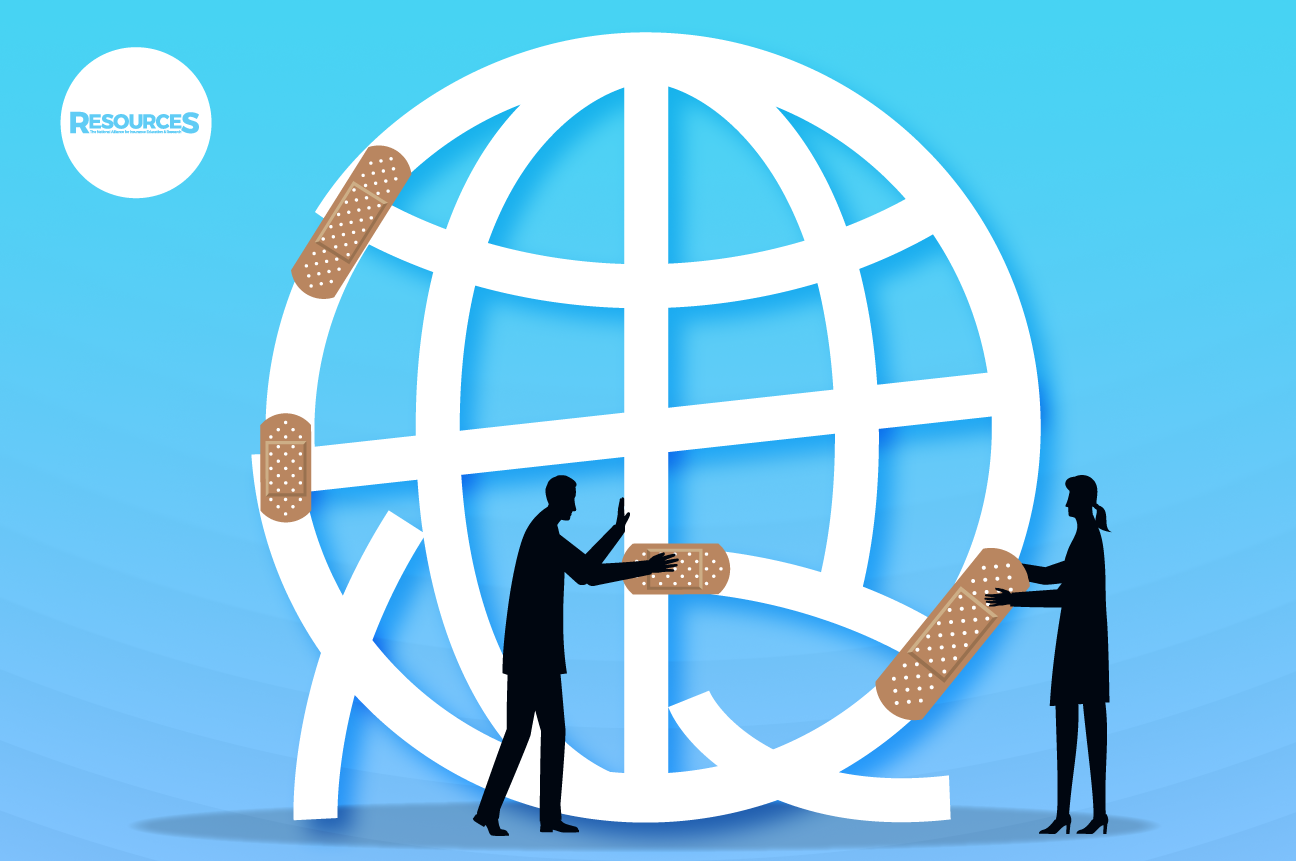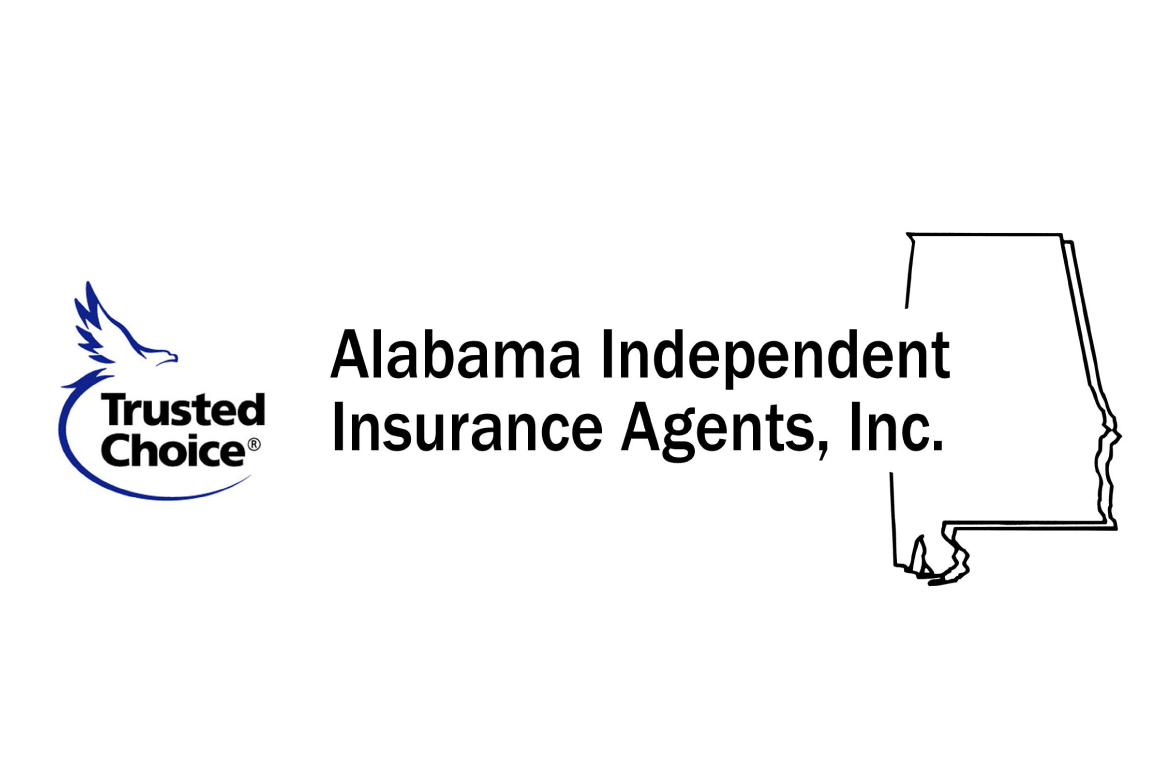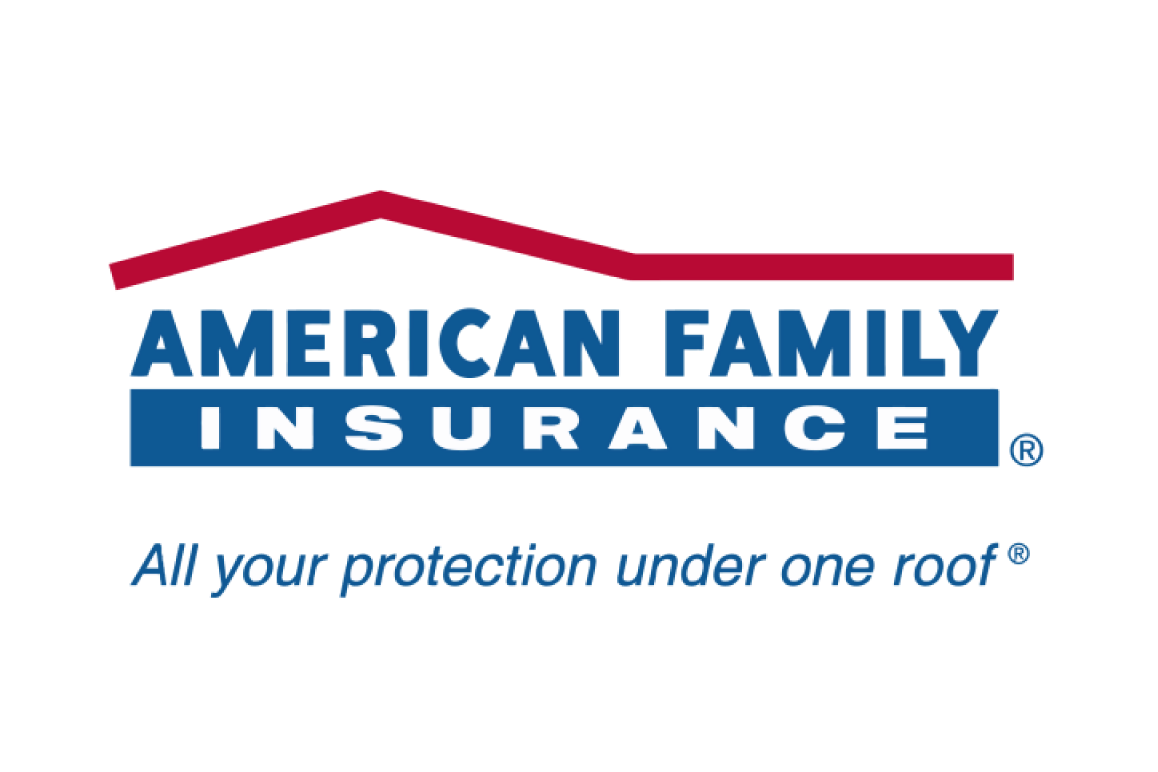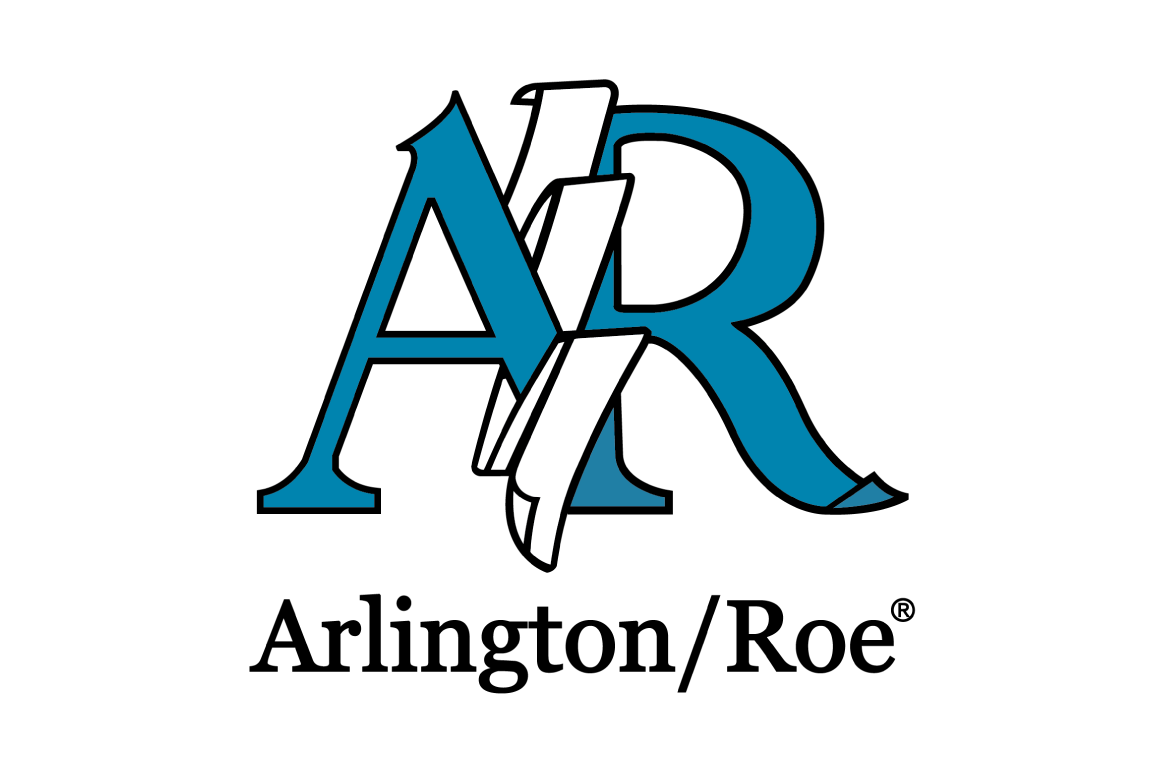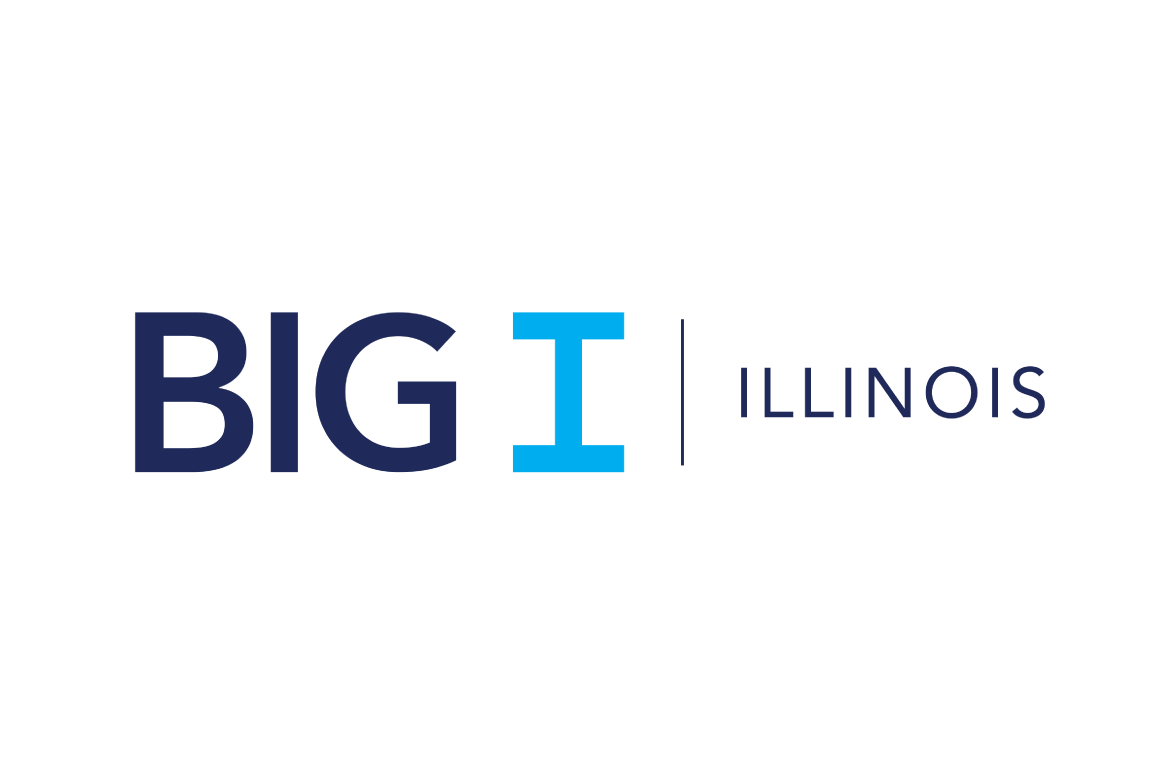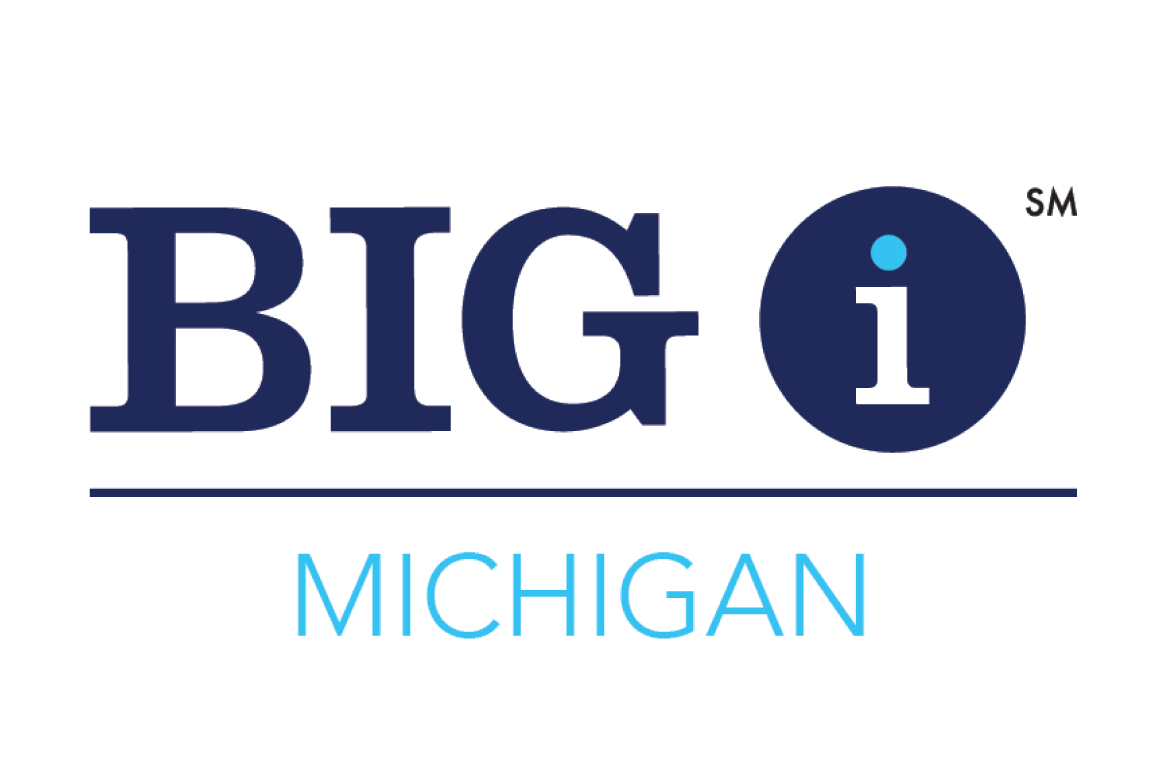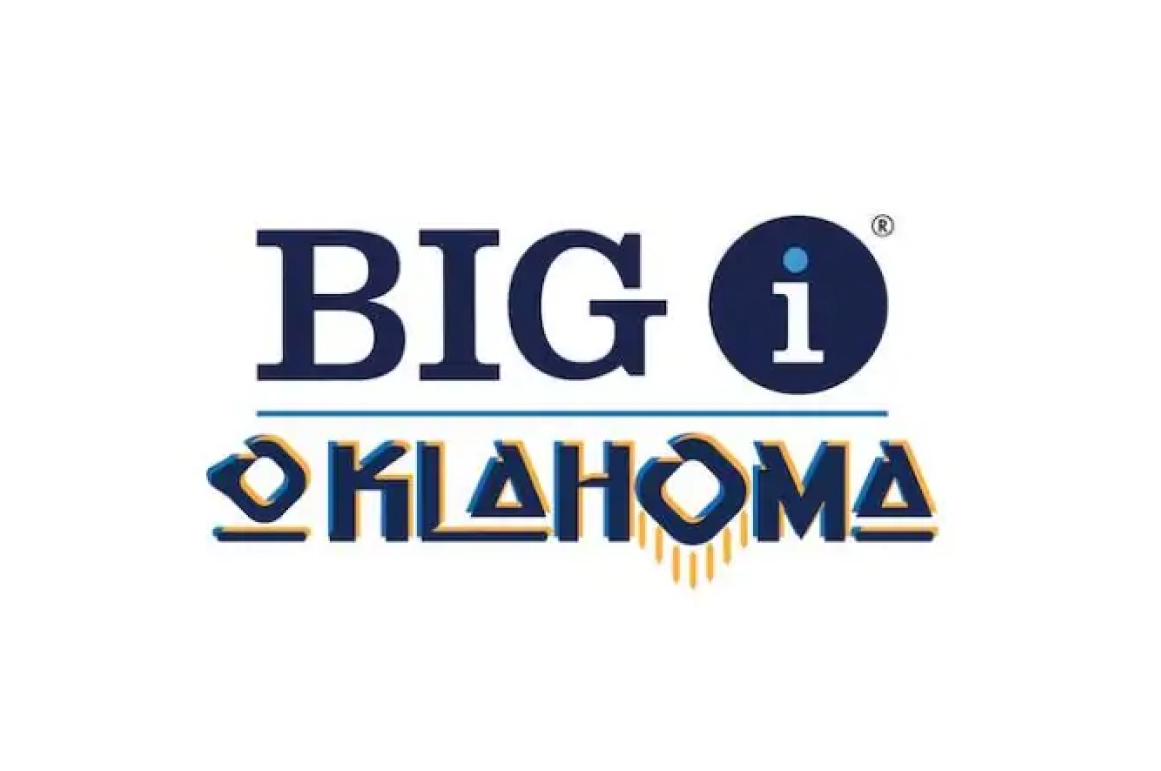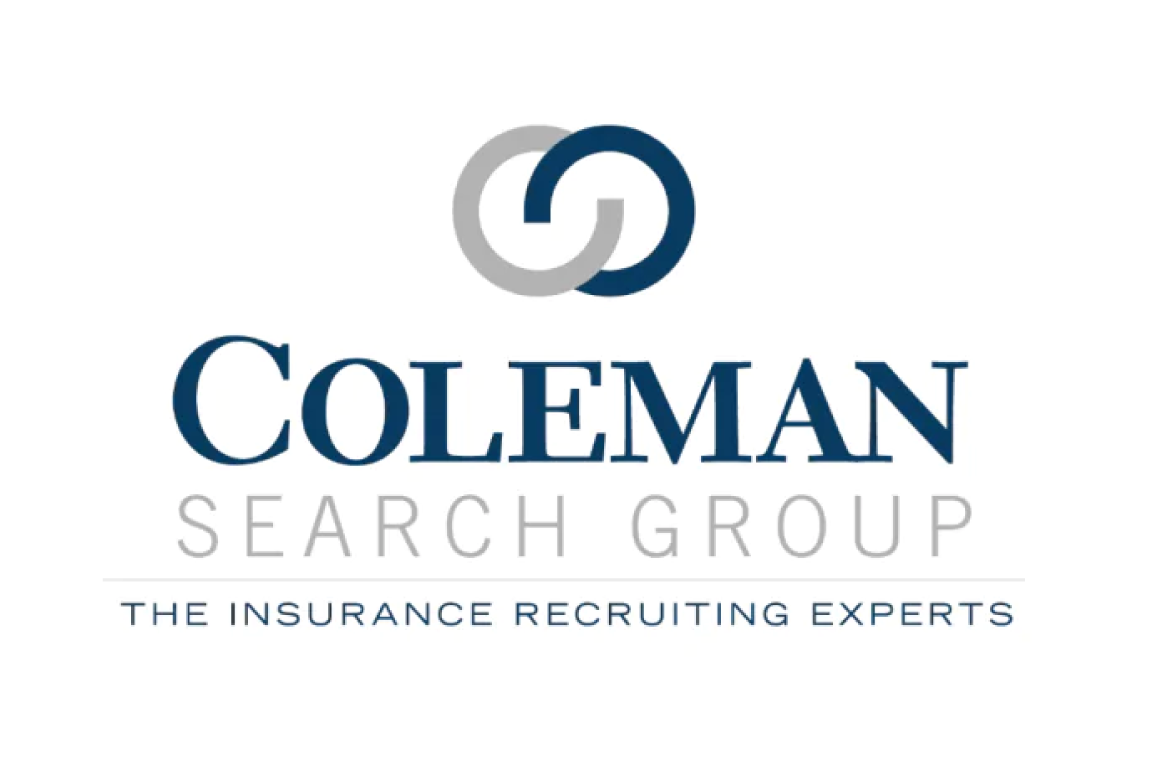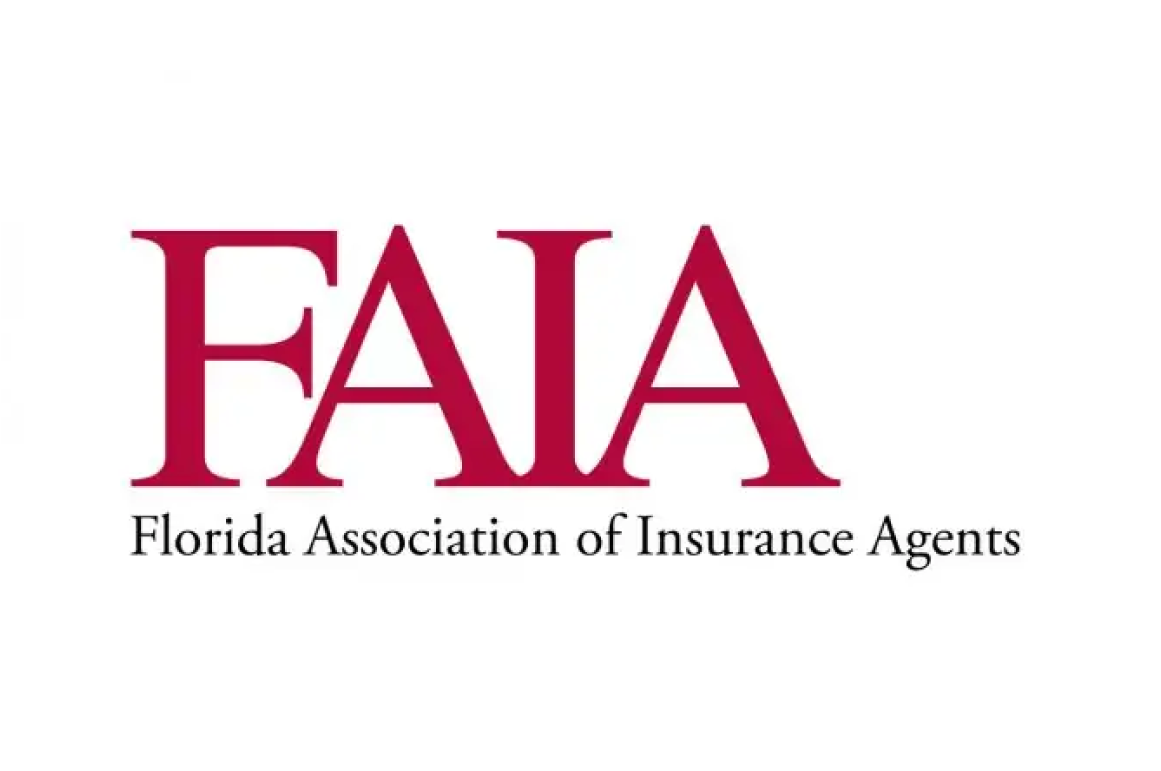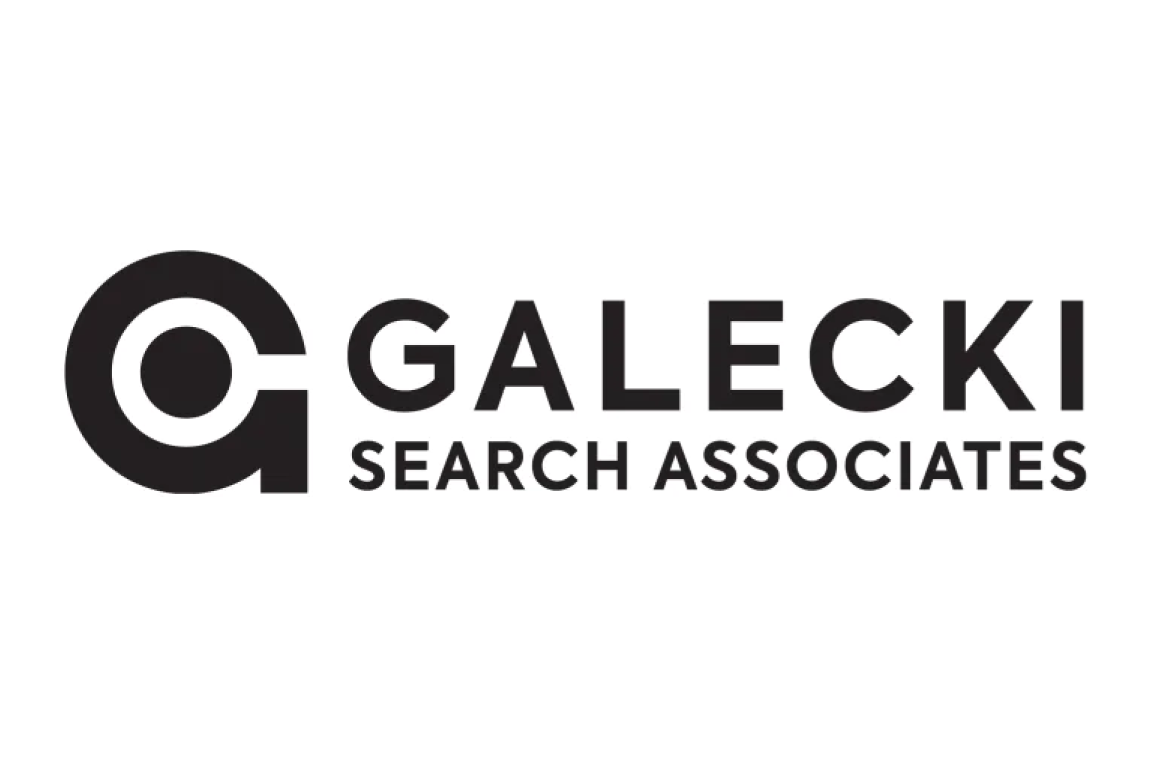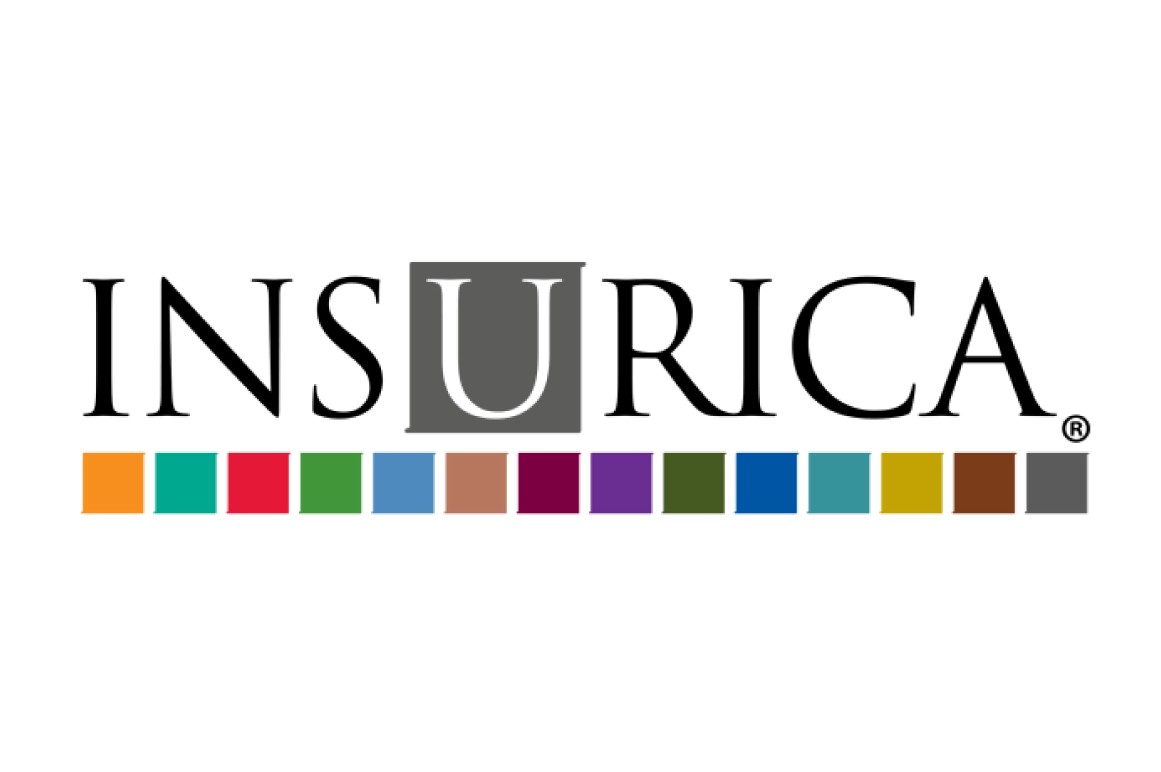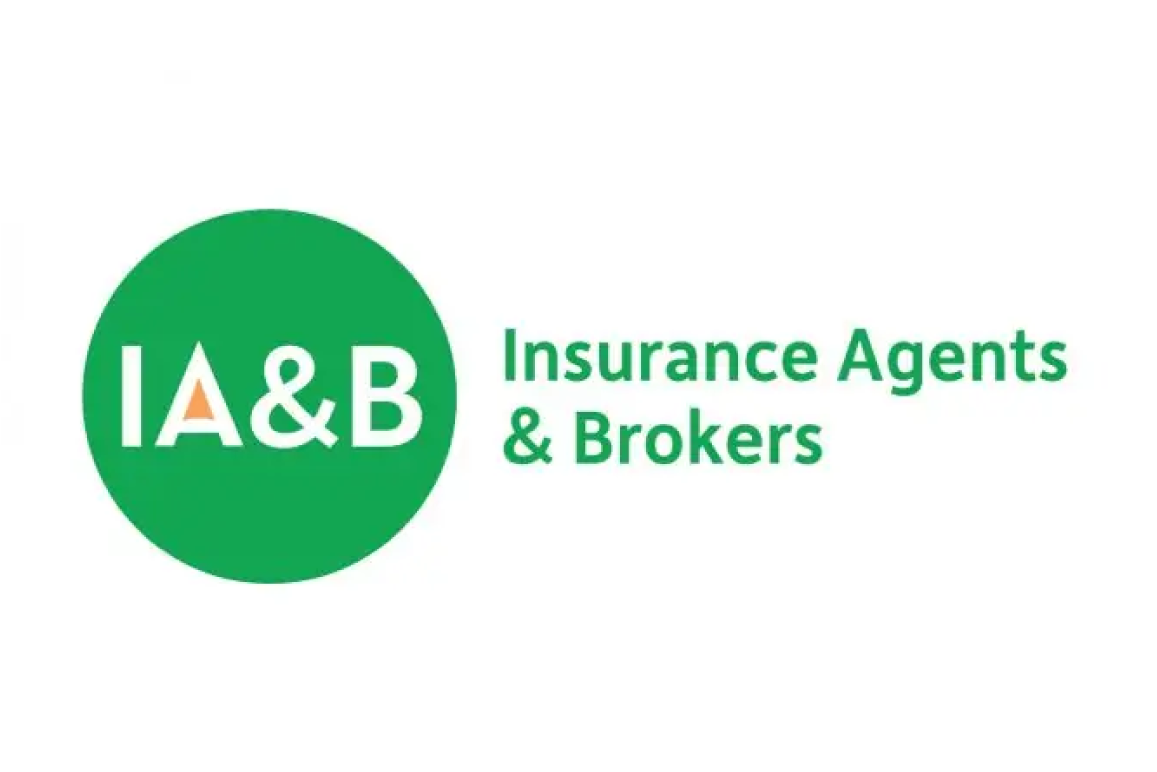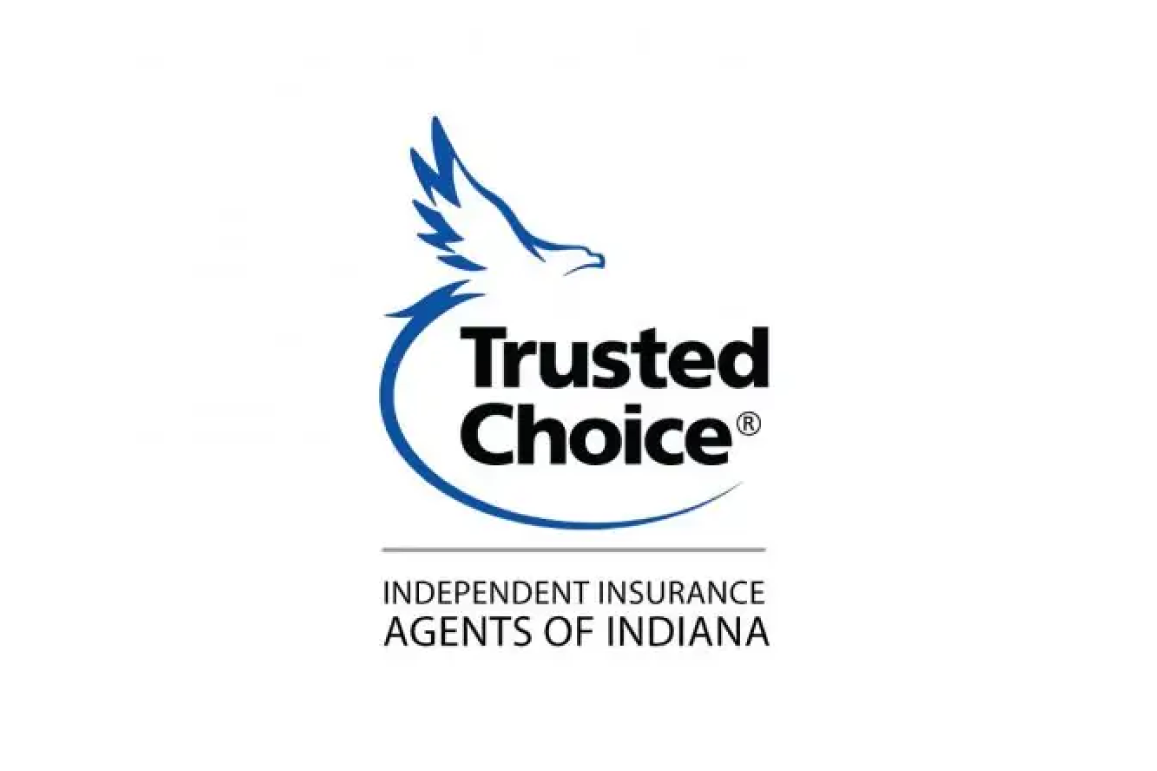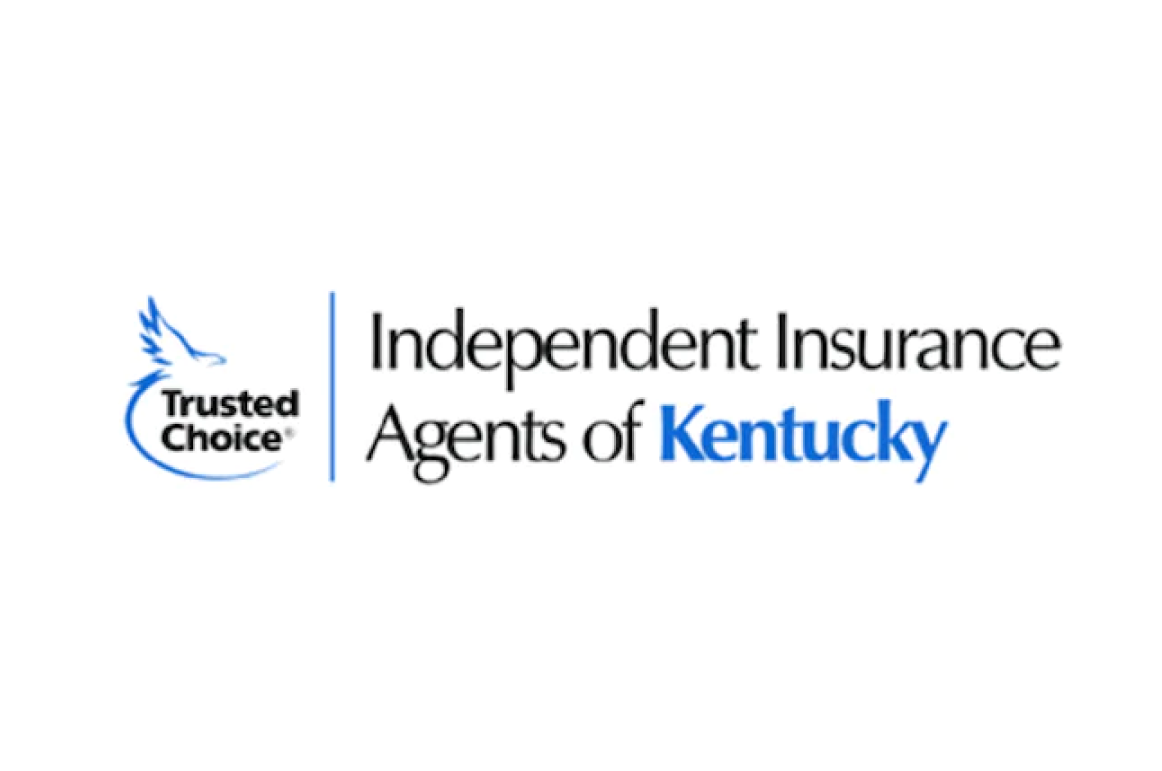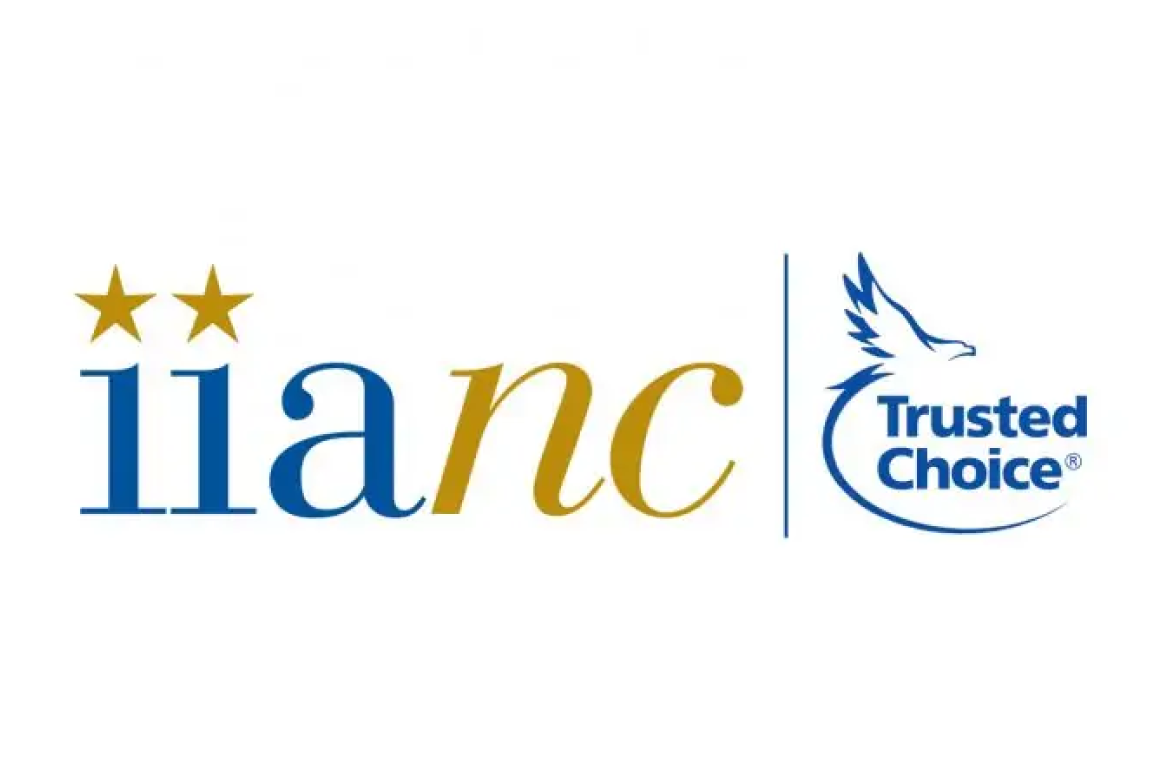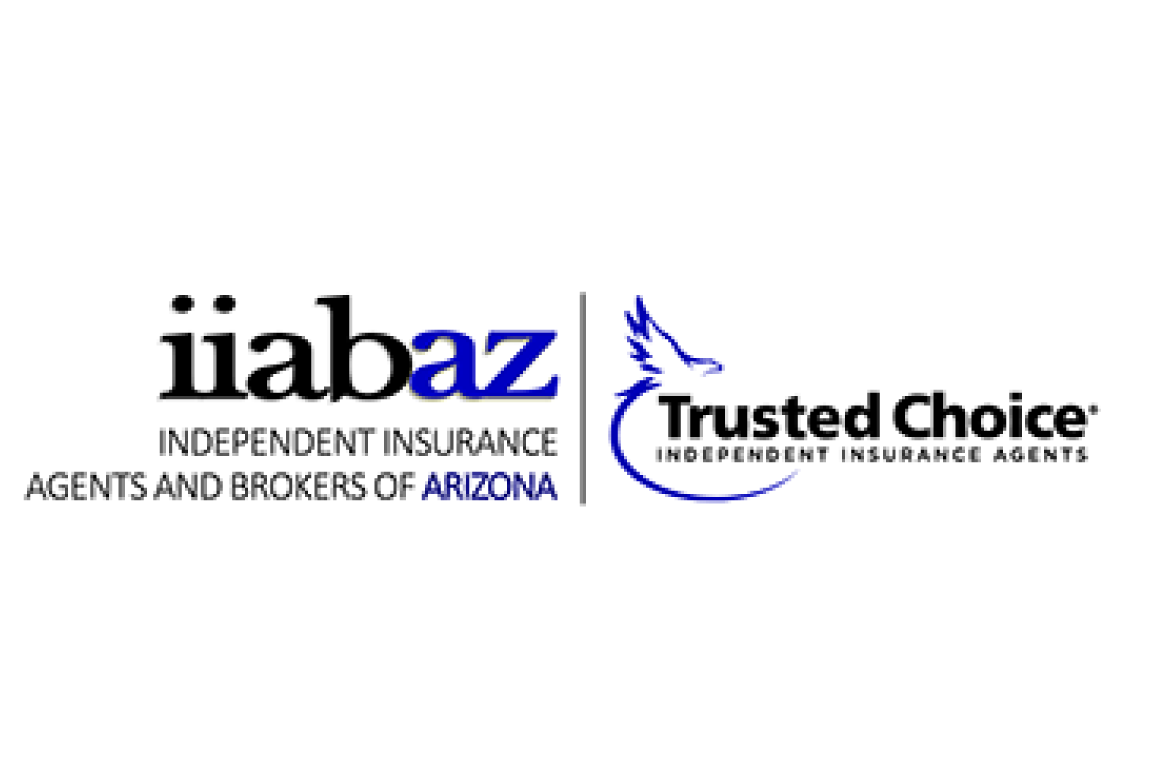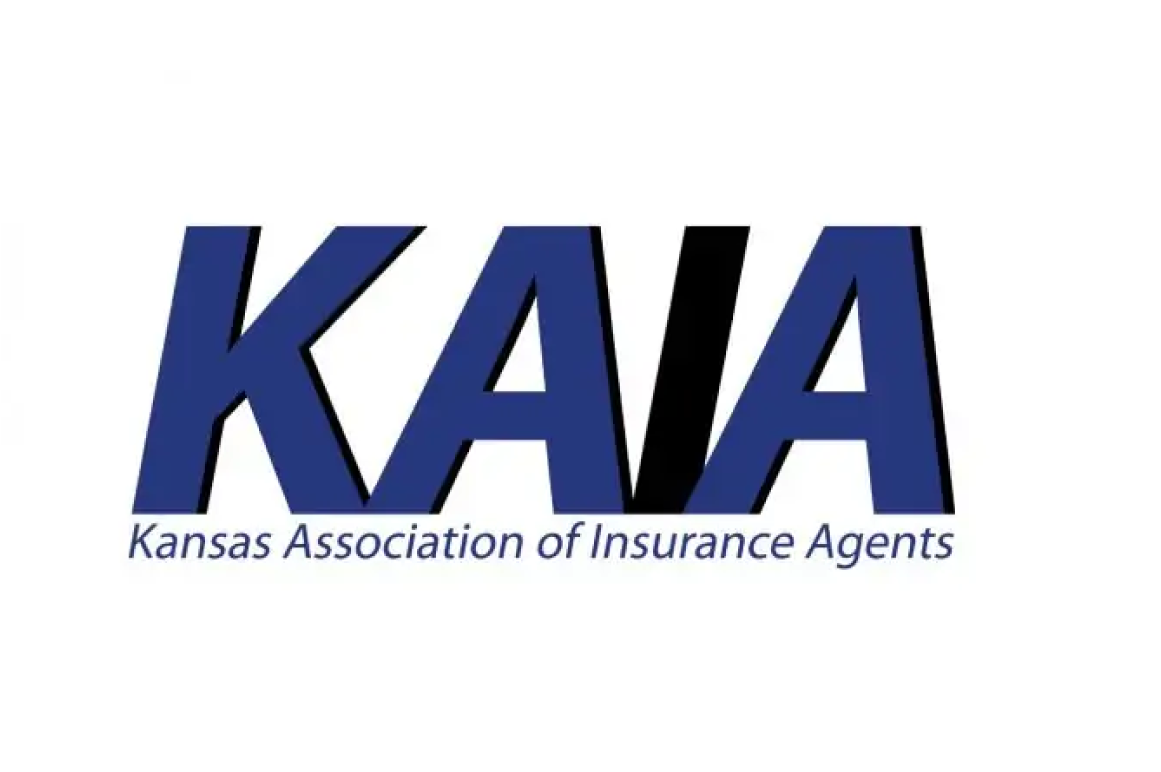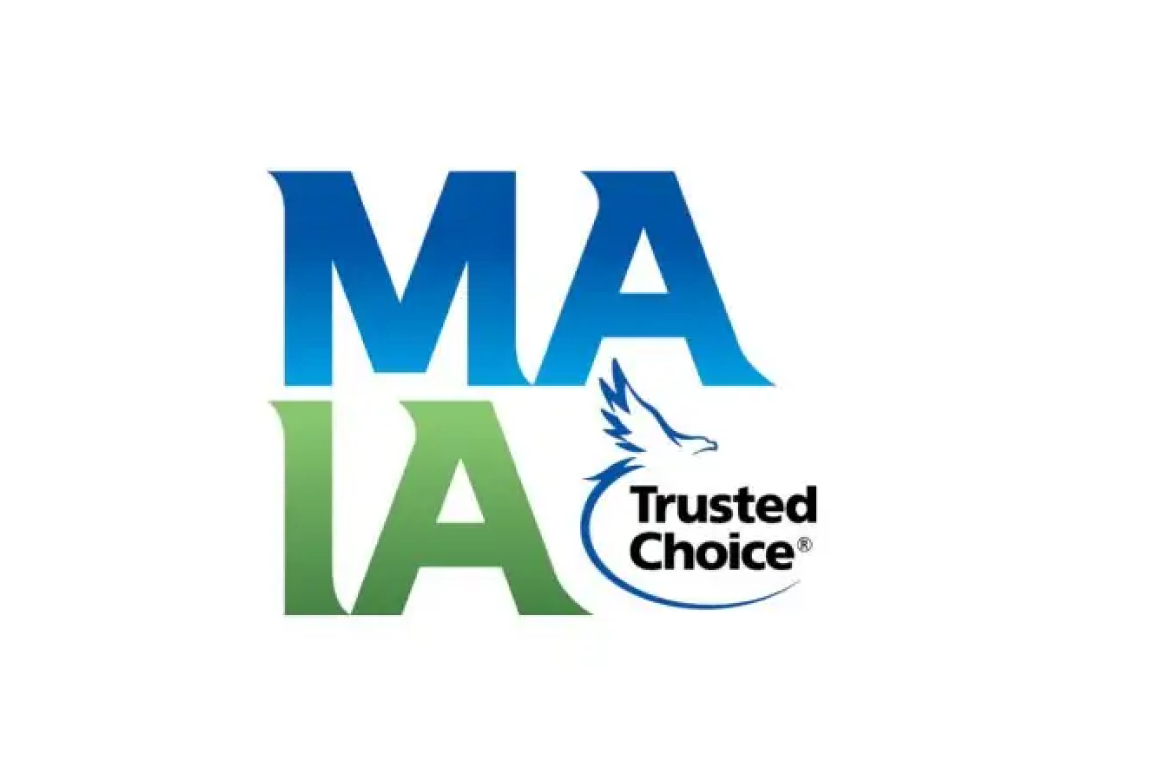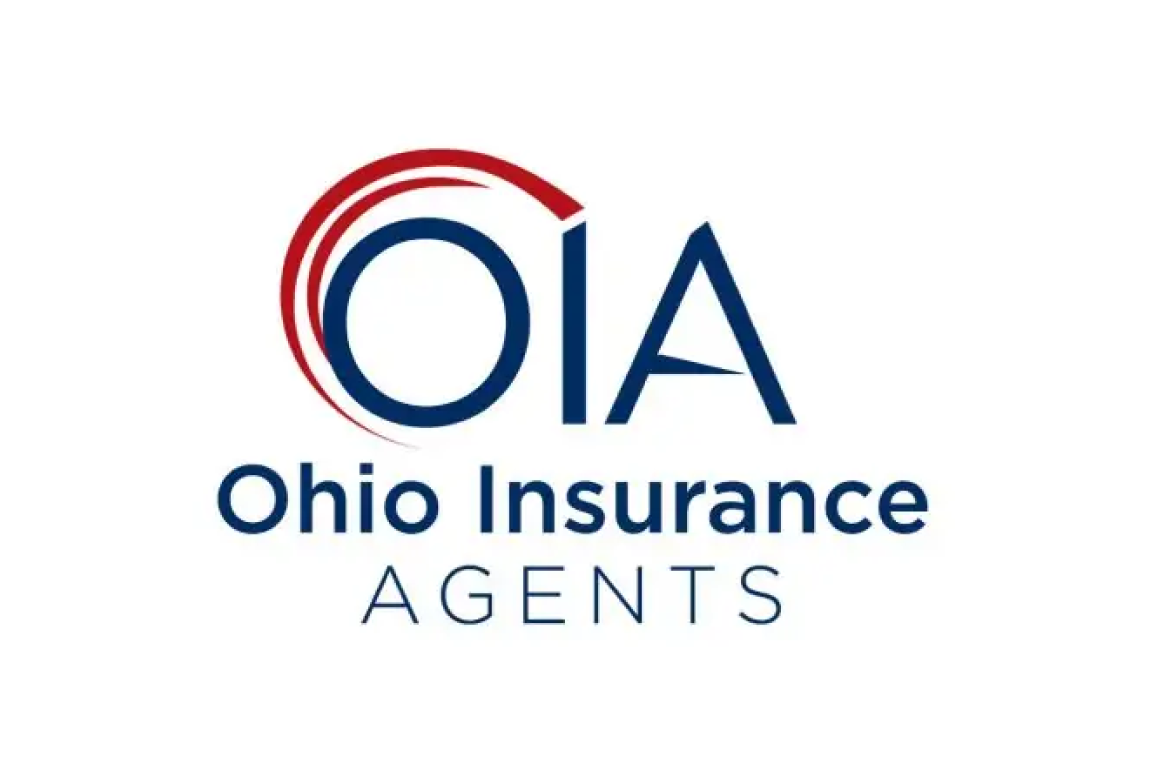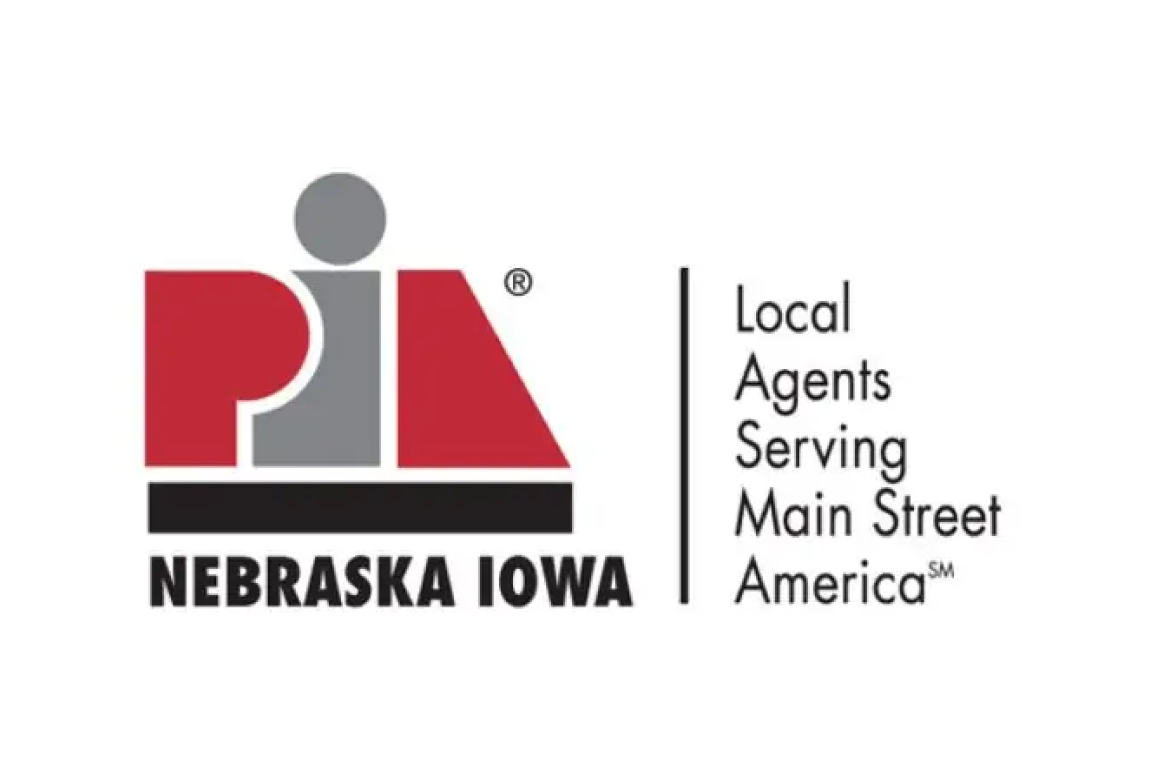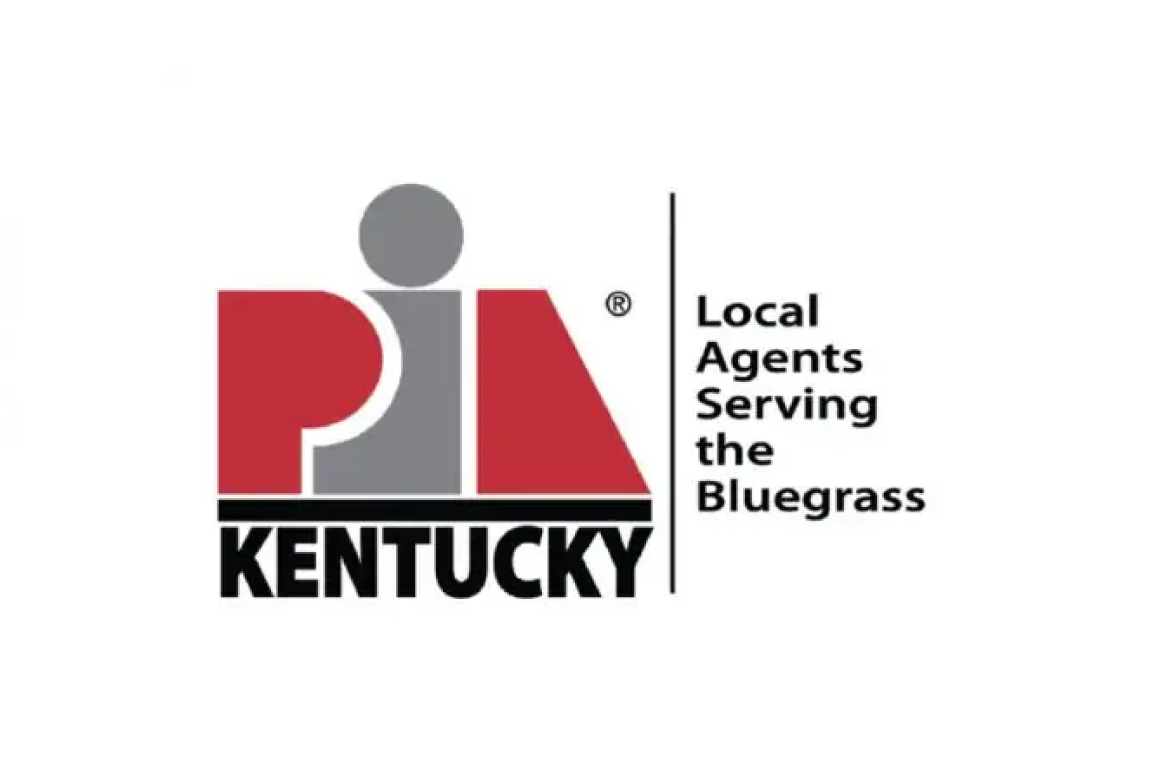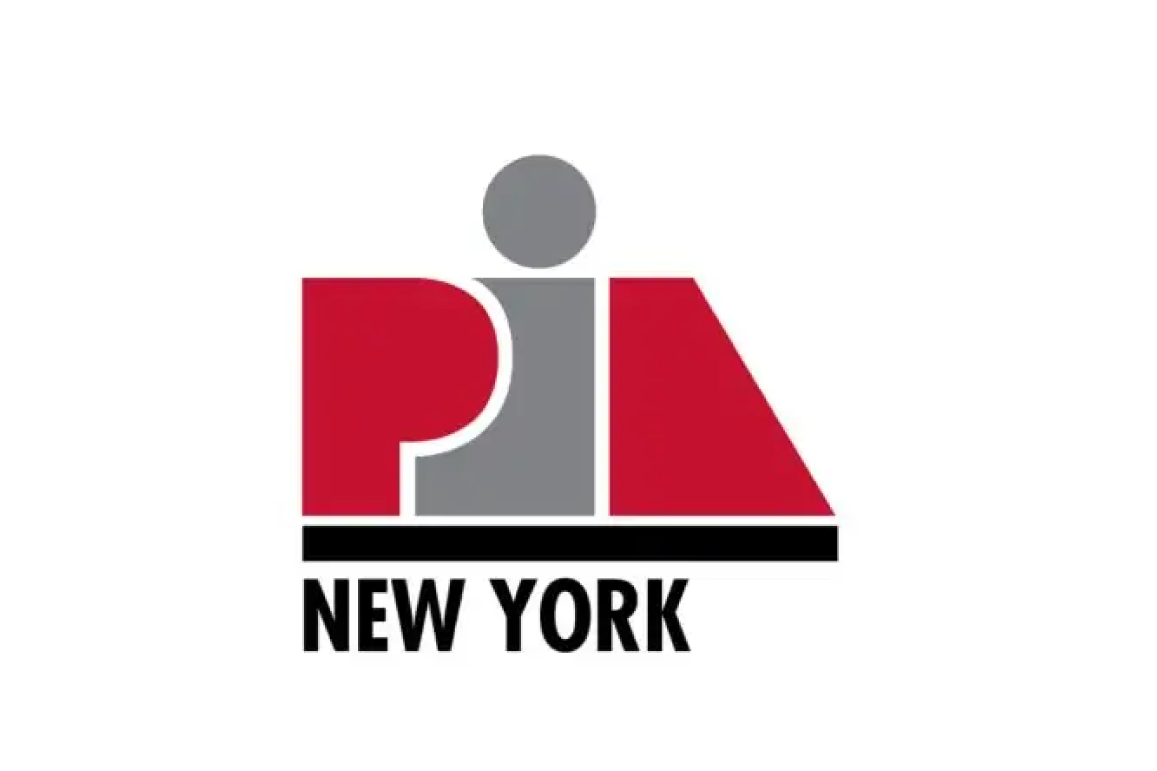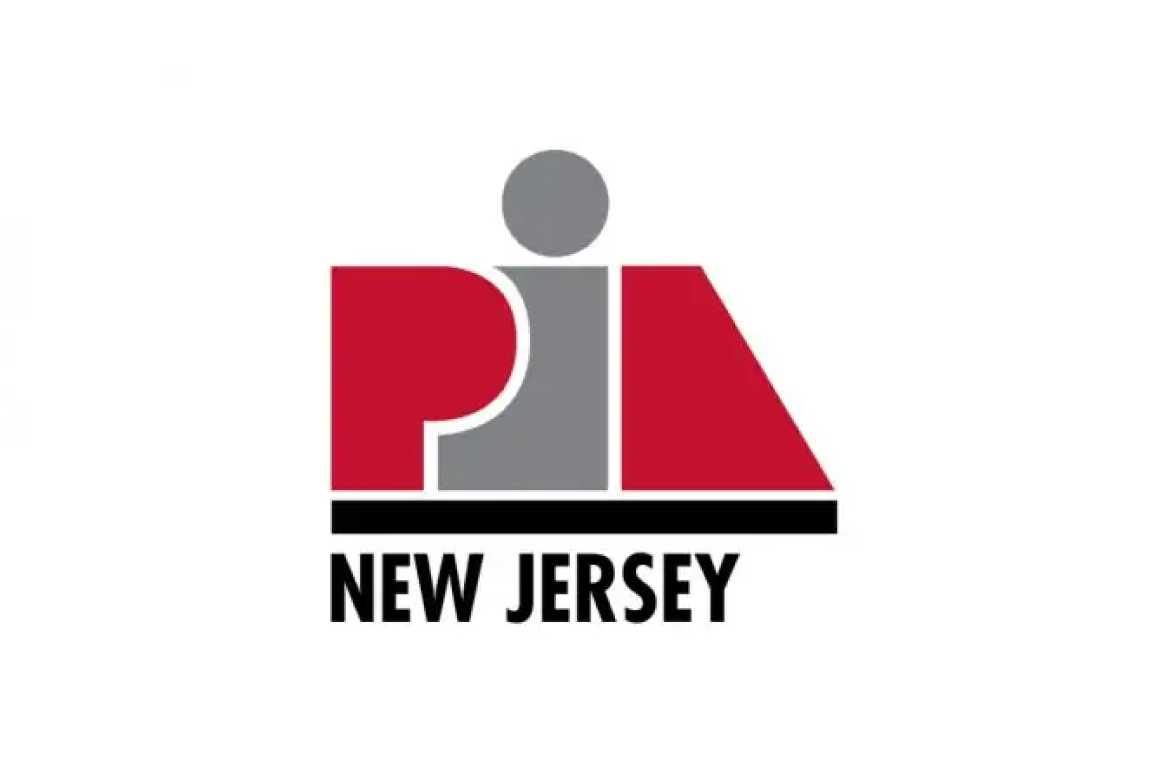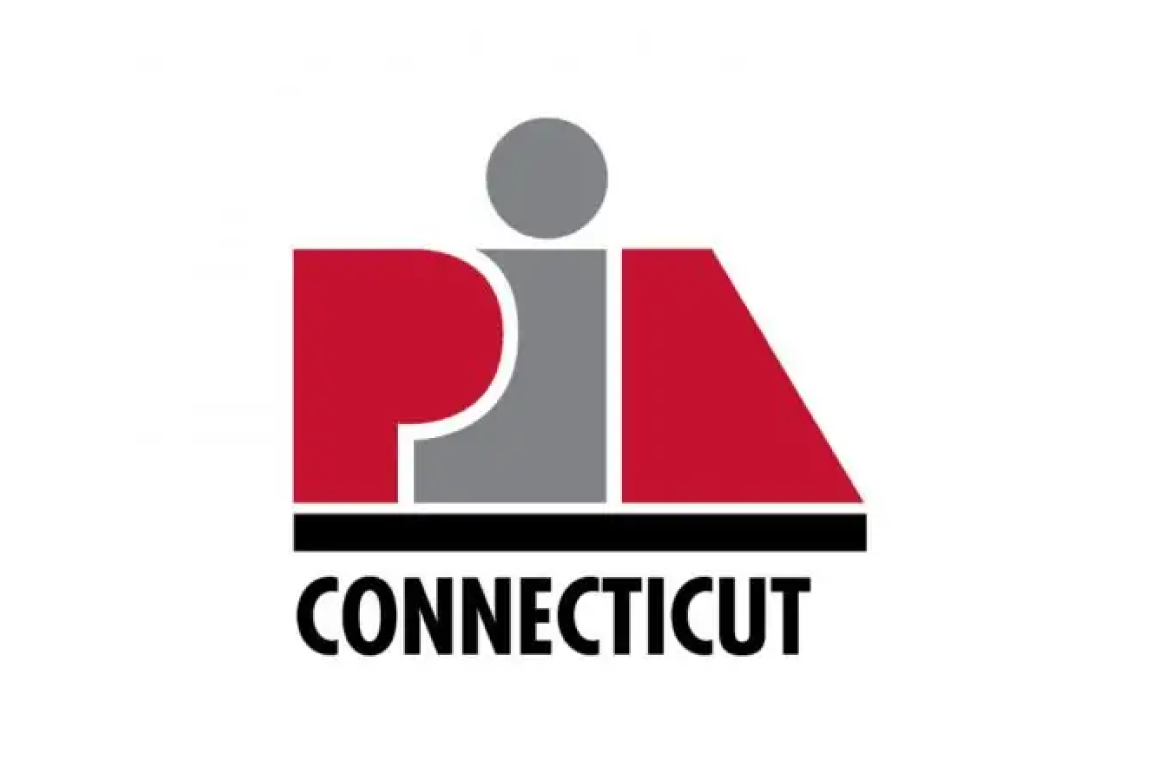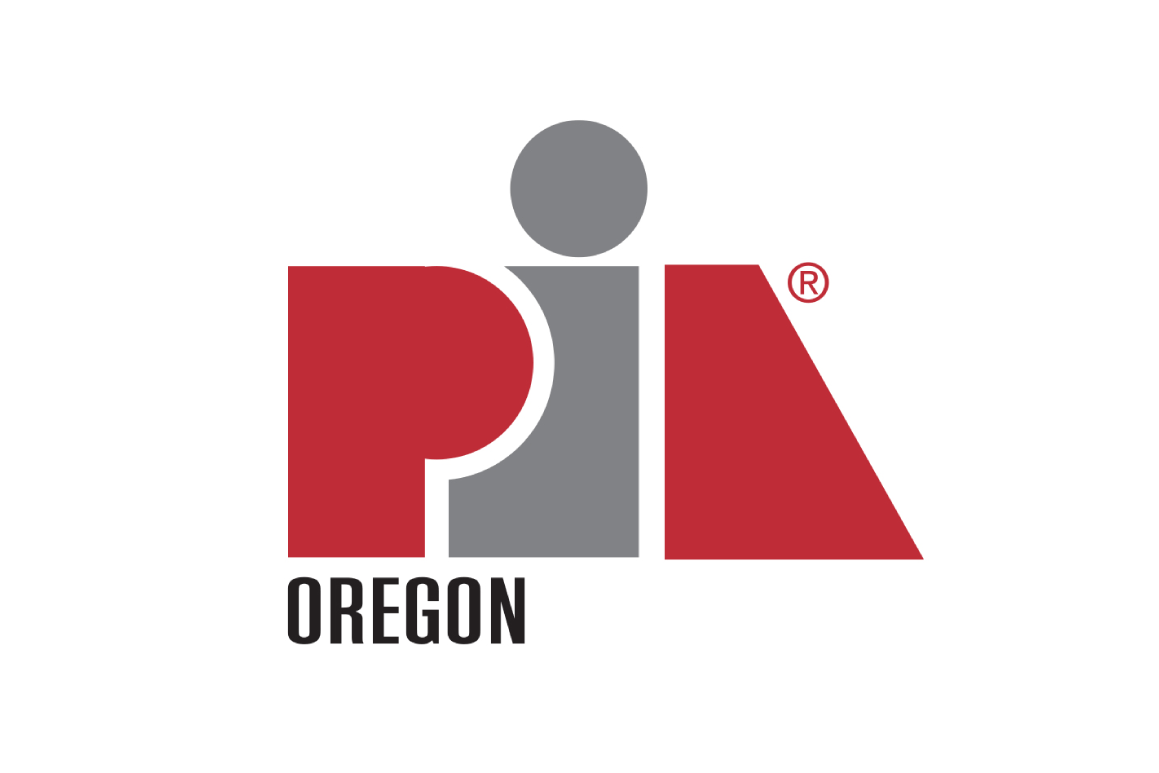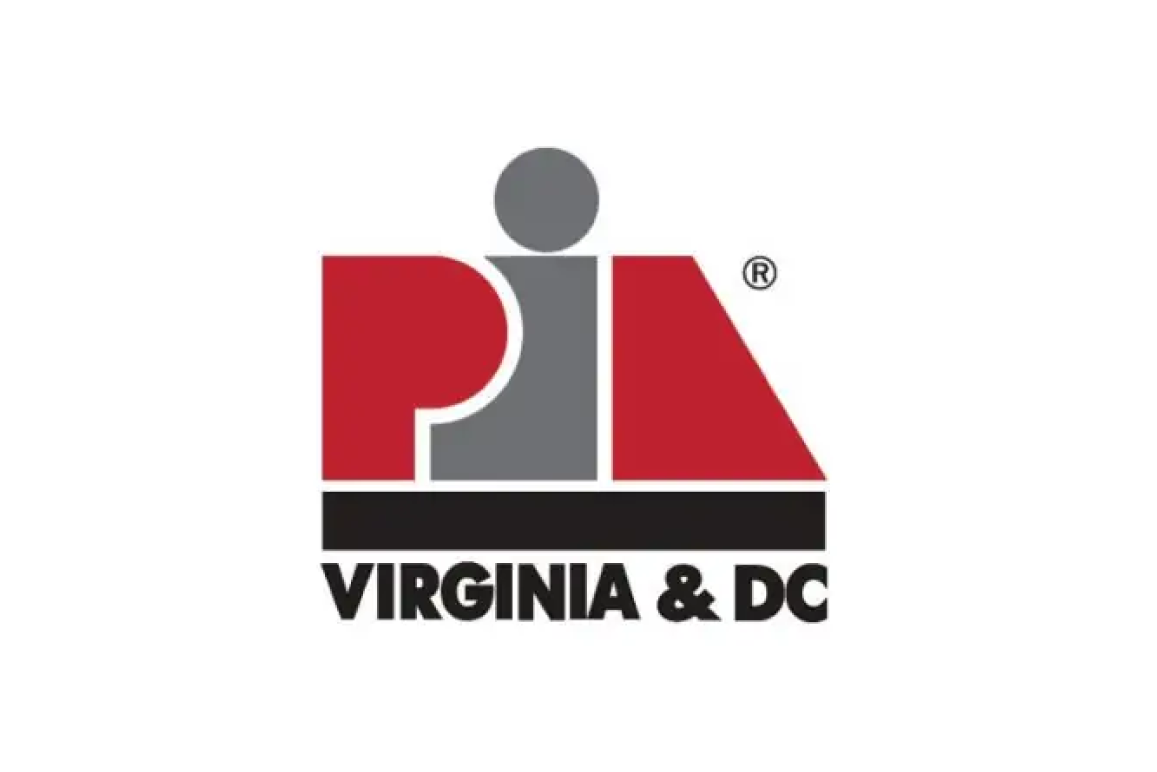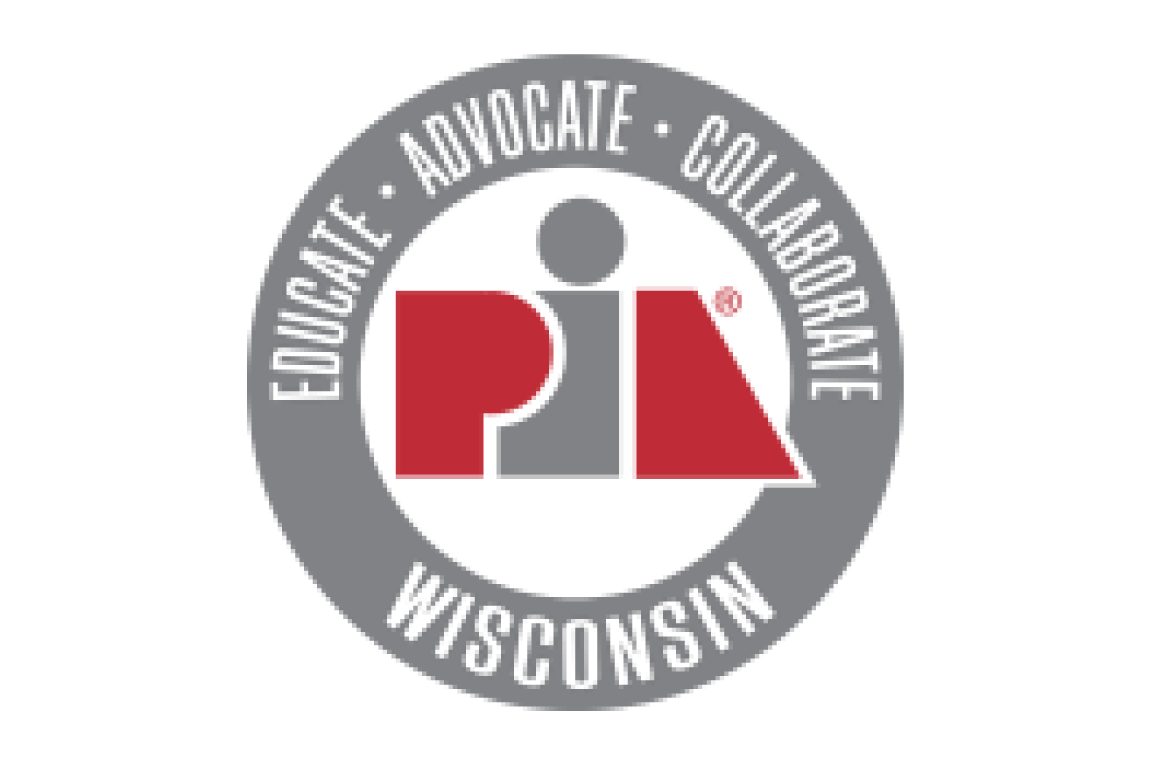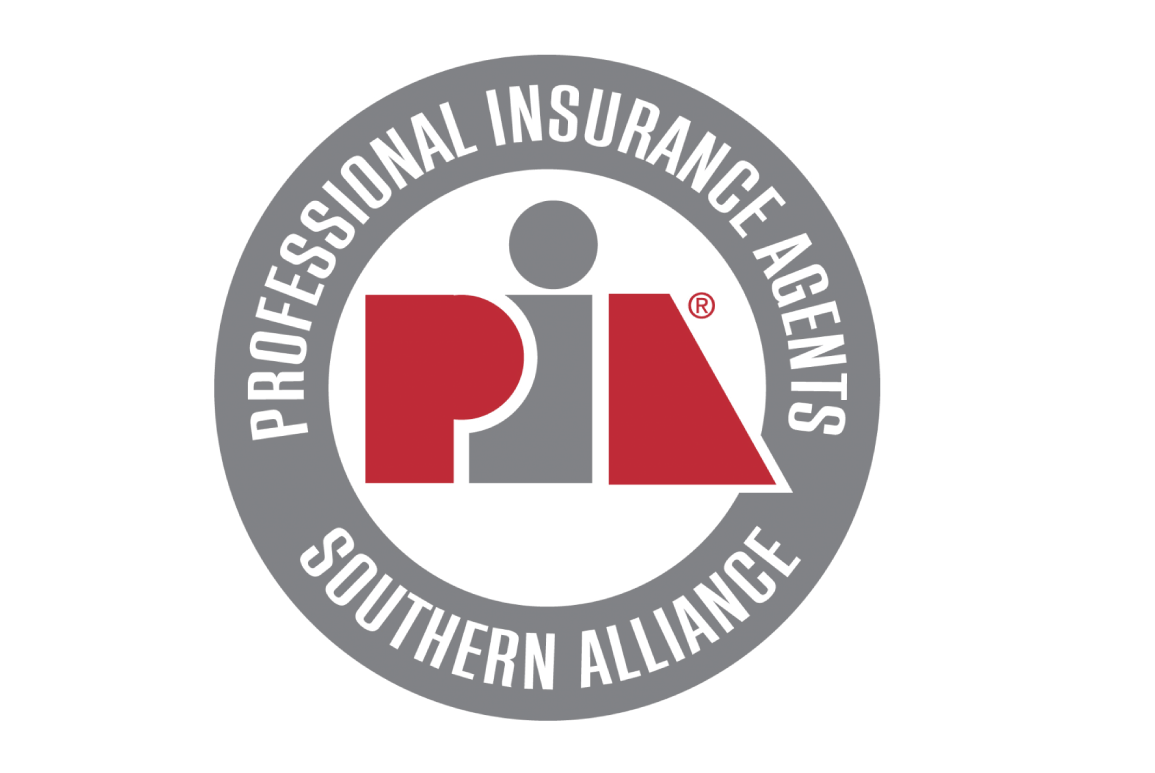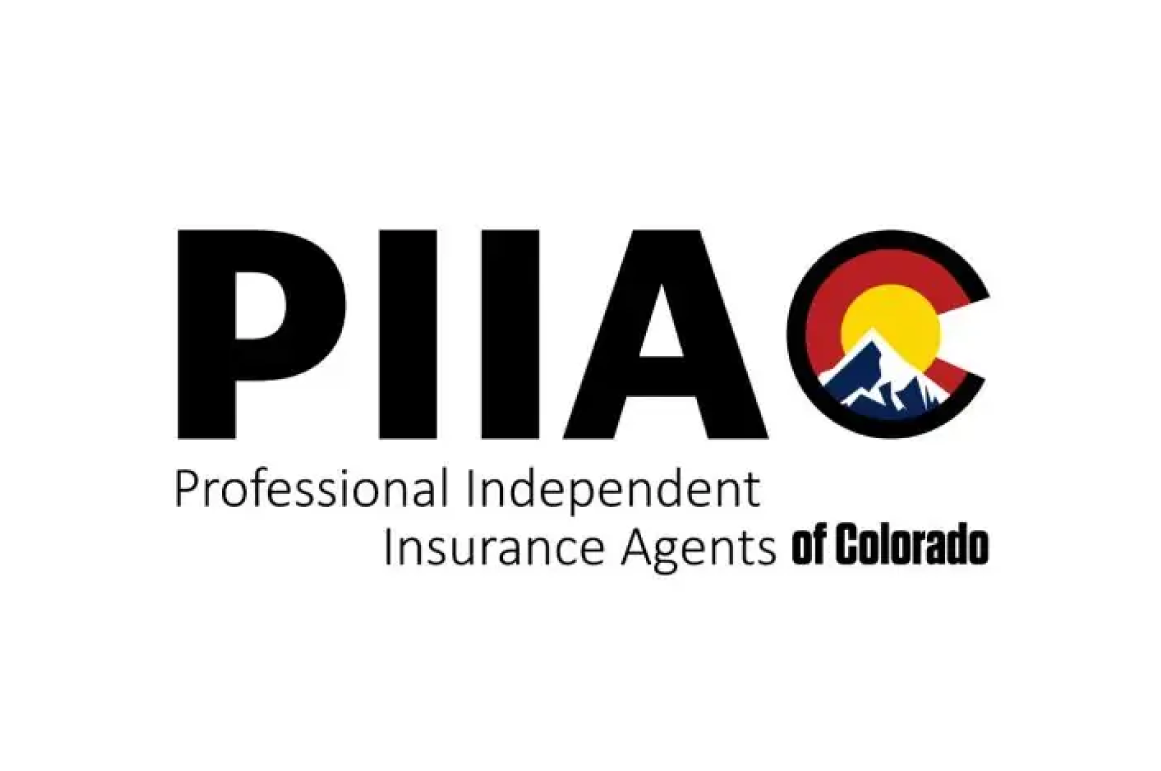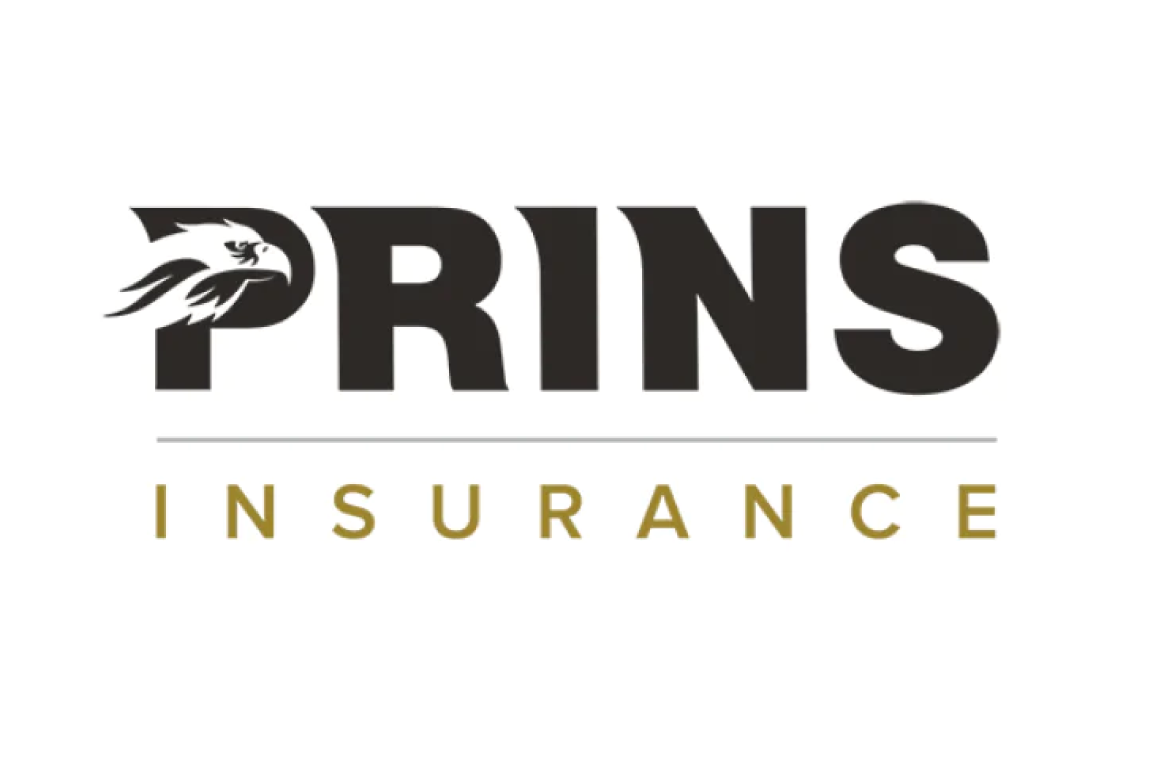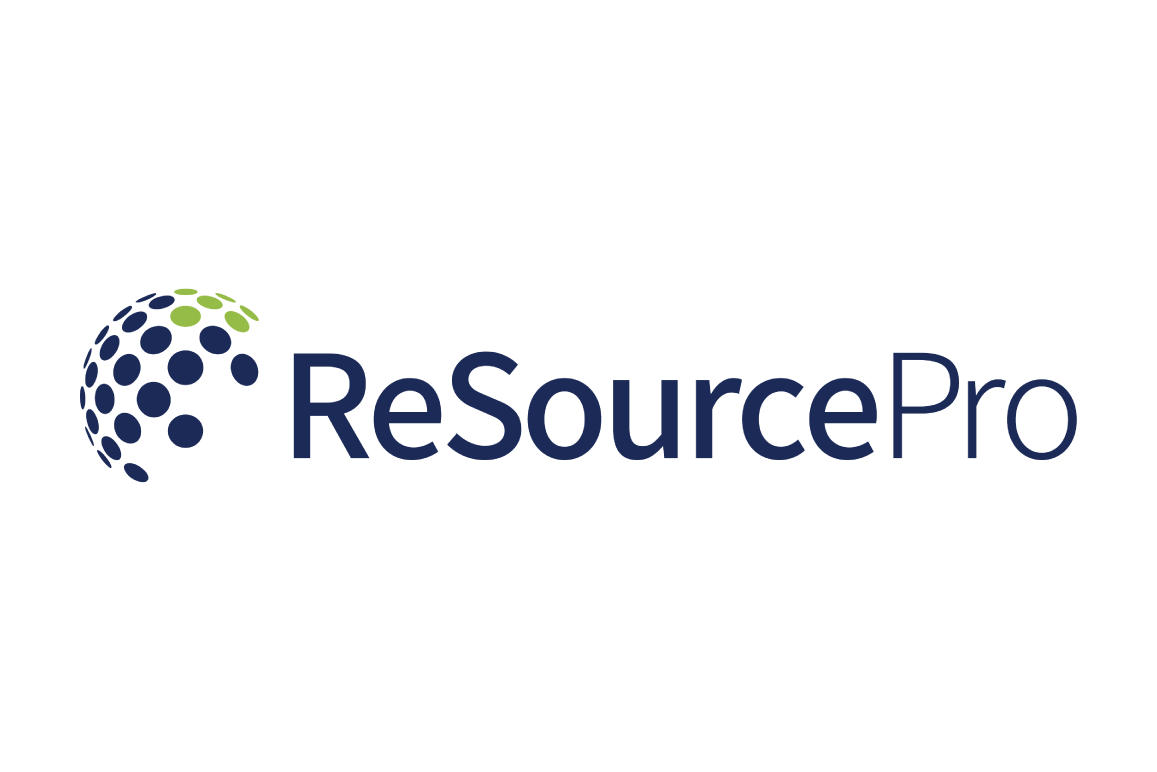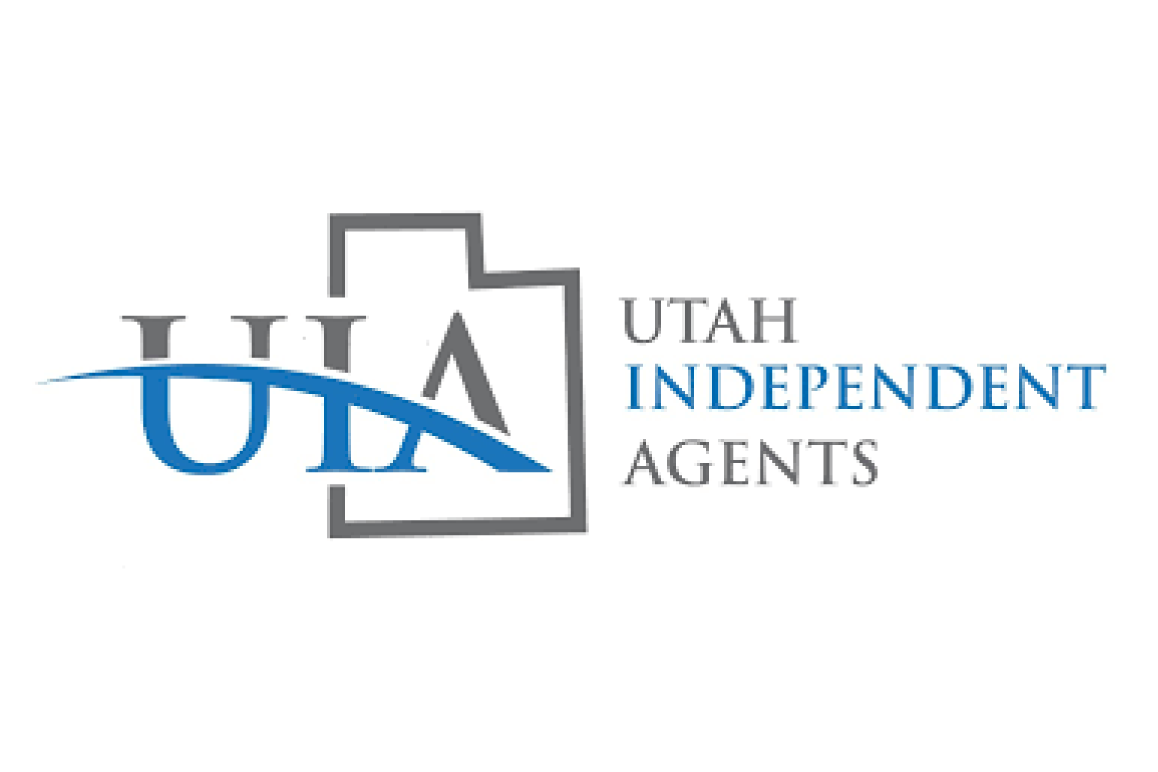By: Paul Martin, CPCU and Dustyne Bryant, CIC, CISR, MBA
The past year has stretched everyone. There has been so much uncertainty all around: job insecurity, stretched budgets, school closures, mask mandates, and the potential for sickness have been, for most people, unprecedented stressors. But the February 2021 cold snap, if you could call it that, with record stretches of subfreezing temperatures that resulted in power outages in states vastly underequipped for the weather handed to them, has taken a different kind of toll. Families fell under extreme stress trying to keep themselves warm and alive. The bone-chilling weather caused plenty of damage to property, from massive vehicle pileups to frozen pipes that flooded businesses, homes, and apartments. It also forced families into other costly circumstances. They spent money they wouldn’t usually on food, water, supplies, and ways to keep warm. Some put debt on credit cards paying for hotel rooms. Others will have to dig even deeper to pay insurance deductibles and for necessities to get their lives back to normal. It’s a lot for the average person to take on. No doubt, many feel like they are at the end of their rope. But it’s here, at the worst times, that we, insurance professionals, must bring out our best. We must keep it together for our clients.
As insurance professionals, we are not immune to all the stress of the current environment. Our businesses and families are under pressure like everyone else. And like everyone else, we adapted. We learned how to work from home and be there virtually for clients during the pandemic. But the recent freezing and the claims it will produce create a situation where we’ll need a special kind of empathy for people under stress. Like when hurricanes strike, like many did last summer, insurance people understand that it will be weeks, maybe months, before things are “back to normal” for most people. But during the pandemic, it’s going from “I can’t take this anymore!” stress back to the new-normal stress.
Claims will be coming—lots of claims. People were shocked by the videos of broken pipes when the warmup began. And there are a lot of frozen pipes. It’s not often you get to see the kind of damage it can cause. Loss of use claims on homeowner policies will be frequent. Extra expense claims will be coming from businesses. Auto claims will keep pouring in.
There’s an interesting psychology that creeps into the claims process from the standpoint of an insured. Many people who make a claim have little to no experience with the process. And because of their inexperience, they come into it with a lack of awareness and often fear. They don’t know how claim handling works, especially during a catastrophic loss, nor do they fully understand their coverages. They may have expectations that are far from the reality of what is involved and how long it will take. Their fear comes from the suspicion that they are going to get cheated somewhere along the line. This happens to a lot of people. Fortunately, a client’s lack of awareness and fear can be relieved by insurance professionals who provide gentle and patient consumer education. Walking a client through things like why the insurance company needs a “proof of loss” form or an inventory of damaged property and educating clients about the time windows an insurance company has in which to respond, particularly during a catastrophic loss, can help keep them calm. Staying in touch can also help reassure clients that things are moving as they should and that all will be resolved at some point. Pointing out deductibles or exclusions that may apply can certainly add to their stress, but we can explain these situations with grace and sympathy that clients, no doubt, will need.
Consider how flight attendants are trained: they are panicking when the plane is in trouble, too, but they can’t show it. The way they act models how they hope passengers will respond. Insurance professionals are the flight attendants on the insurance plane. The plane can recover, or the plane can crash, but either way, we’re here to help and protect clients—not add to their stress.
Person-to-person high-touch claim service isn’t a contractual obligation, but it is our ethical obligation as insurance professionals and as caring humans. An insurance system that the public trusts is essential to things working properly in our economy. The public must have confidence that when disaster strikes, the policy they’ve been paying for all these years is going to come through for them. Many people feel desperate in the wake of catastrophes like the big freeze. We need to be ready to respond. People are counting on us. We must come through for them.
Learn more about how you can help your clients with the CIC Insurance Company Operations Course.

